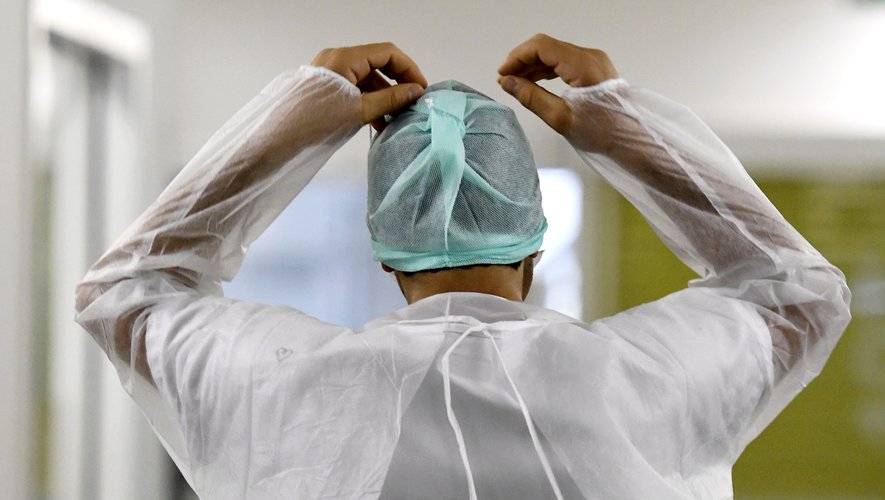The consultation dedicated to addiction problems among caregivers at the Toulouse University Hospital followed 66 people last year. And the demand keeps growing.
It is a Toulouse initiative which brings a new stone to the building and to the observation made by the Ministry of Health: in France, caregivers are doing badly and they treat themselves badly. Yesterday, in fact, the first results of the national mission on the health of caregivers, launched last January, were made public. Verdict? 63% of carers believe that they are in bad shape, 77% that they lack sleep and 71% that their level of stress related to their professional activity is higher than 6 out of 10.
“Disease, burnout and substance use are phenomena that we have already seen for a few years among caregivers, because we were approached by colleagues on a case-by-case basis, but in 2019 the COVID crisis obviously aggravated the situation. », describes Pr Nicolas Franchitto, head of the addictology department of the Toulouse University Hospital.
Alcohol, cannabis, opioids
An observation that convinced him and his team to open a consultation dedicated to caregivers, named ACCESS (addiction, confidential consultations, mutual aid and care for caregivers). “For these patients who are not quite like the others, the taboo and the fear of non-respect of confidentiality remain enormous obstacles to the consultation, points out Bénédicte Jullian, the addictologist psychiatrist who provides the consultation. Some self-medicate for several years and consult late with a stage of seriousness sometimes higher than what we see in the general population”.
Read also :
The Auch CHS has inaugurated its new premises dedicated to the treatment of addictions
In 2022, 66 patients (including 43 women) consulted, 51% were doctors, pharmacists or medical students, 25% nurses and 24% other caregivers. Four hundred and fifty consultations have been delivered and the demand has continued to increase since the beginning of 2023. “In terms of addiction, the substances consumed are the same as in the general population, alcohol, cannabis, drugs opioids and new synthetic drugs,” notes the specialist.
Both hospital workers and liberals are concerned, but some are particularly exposed, in particular anesthesiologists, emergency physicians and caregivers who accumulate many hours of on-call duty or night work; and among liberals, generalists who feel overwhelmed and very isolated. Supported by the management of the CHU, this consultation, which is very rare in France, was identified by Minister Agnès Firmin Le Bodo as part of her inventory of actions to be taken to improve the well-being of caregivers. The addictologists of the CHU wish to make it evolve towards a place of broader resources and to bring out a regional network of care for caregivers in Occitania.

